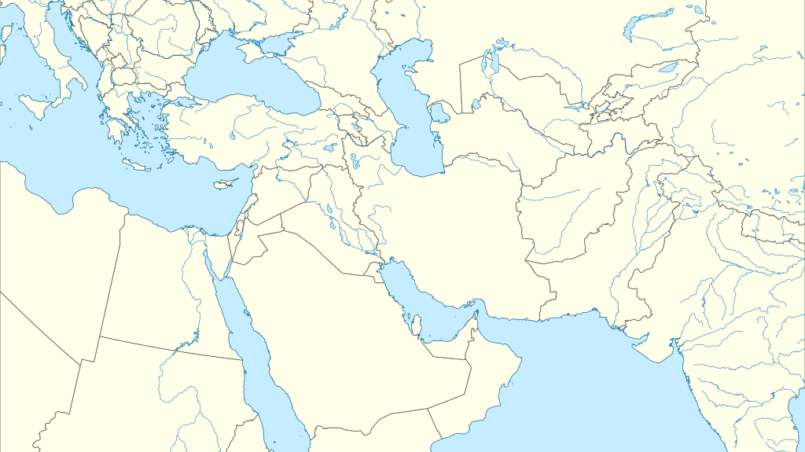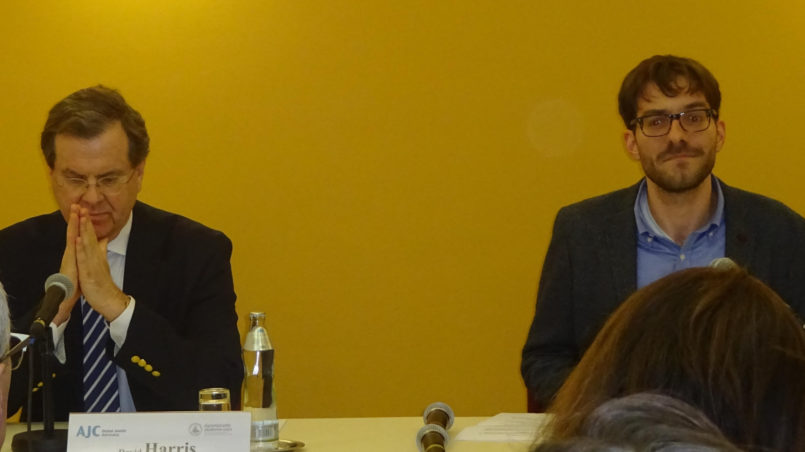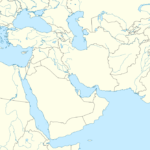USA, Europe and the Middle East in the New Political Era

Event data
- Datum
- 24. 4. 2017
- Host
- Diplomatische Akademie Wien
- Location
- 1010 WIen, Favoritenstraße 15a
- Event-type
- Vortrag
- Participants
- David Harris, CEO des American Jewish Committee
- Daniel Schade, Moderator
David Harris, CEO of the American Jewish Committee (AJC) was the guest of the Diplomatic Academy in Vienna. Harris has a strong connection to Austria: his father was born here, worked from 1936-1938 at the Chemistry Institute of Vienna University and then had to flee to France where he fought against the Nazis.
The relationship between the German government and Israel, which is for the most part good, is the raison d’état. In Austria this has only been the case since Vranitzky. The mood of Austrians on this subject was, for a long time: “How bad can we be when we have a Jewish Chancellor (Kreisky)?”
The AJC recently opened a new office in Warsaw in order to have a better insight into central Europe. Harris defined Orbán’s Hungary as an illiberal democracy – vigilance is called for. In relation to the French presidential election and the strengthening of right-wing powers in Europe, he detected a simplification in the European media and the public discussion: people are not satisfied with the dominant parties and the establishment. In the first election round, 40% of the French voted against Europe (Le Pen, Melanchon). This development has to be understood more clearly – labelling voters as xenophobes is wrong. The anger of many citizens, which was also evident in the vote for Donald Trump, has to be explained and understood.
How significant are the political and economic changes for institutions in Europe and the USA?
Harris considers himself to be a fan of Europe and a trans-Atlanticist.
After Trump’s election, there was great unease but Harris is an optimist: the recent developments have shown that foreign policy is slowly taking shape and has arrived in the real world. Many American politicians – Pence, Tillerson, General Petraeus – attended the last Munich Security Conference in February 2017. Trump’s demand that every NATO member should spend 2% of it GDP on its defence was already articulated by Obama.
Who does the AJC see as contact person in the new administration?
The processes as regards who is responsible for what have to be understood. Jared Kushner, Trump’s son-in-law is a devout Jew (as is his wife, Ivanka) and he has been given many tasks. Many want to speak to her.

For what parties do American Jews vote?
Approximately 75% vote for the Democrats in presidential elections, also in 2016. The USA is as divided as it was in the 1960s due to Nixon and Vietnam. Trump is the least popular president of all time and he will not be able to unite the country. However, the solution has to come from the White House and namely before the midterm elections in 2018 – thereafter the “window of opportunity” (a majority of Republicans in all Houses and in the Supreme Court) will be closed. Both Chambers of Congress are paralysed at the moment.
In the Israel-Palestine conflict, the AJC supports a two-state solution. 5th June 2017 marks the 50th anniversary of the beginning of the Six Day War. This war is the reason why Israel became the occupier. From 1948 until 1967 there would have been a possibility to establish a Palestinian state – the decision could have been made in Cairo and Amman. Since 1967 there have been constant threats and, if Israel had lost the war, it would no longer exist today. On 1st September 1967 in Karthum, the Arab League decided not to recognise Israel and not to seek peace with Israel. At that time, the UN were planning the two-state solution which was also supported by the influential Israeli politician, David Ben-Gurion.
In 1967 350,000 lived on the Gaza Strip – today the figure is 1.8 million. Although some journalists and politicians state otherwise, the situation is not comparable with the Warsaw ghetto.
The solution?
Pragmatism, strength of leadership and courage is needed from both sides. The USA and Europe should concentrate on the day after the solution (which has to take place locally): Israel’s fear that a failed state is forming before its gates is real.
The AJC predicted that the Arab Spring would not be lasting: the euphoria in the west was indeed great but a deeper understanding of the interrelations was, for the most part, lacking. The Arab human development report from the United Nations, written by Arab personnel, stated three fundamental deficits in the Arab region: personal freedom, the role of gender as well as the diffusion and exploitation of knowledge (patents, innovation, etc.). The anger felt by the Tunisians was real but the hope for a peaceful revolution was niave.
As migration from Africa will increase massively in the next few years, it would be in the self-interest of the neighbouring countries of the Meditarrean to find solutions and to work more closely. Harris thinks little of protectionism, he is a free trade supporter and pro-TTIP and TPP.
Credits
| Image | Title | Author | License |
|---|---|---|---|
 |
Middle East | Виктор В | CC BY SA 2.0 |
